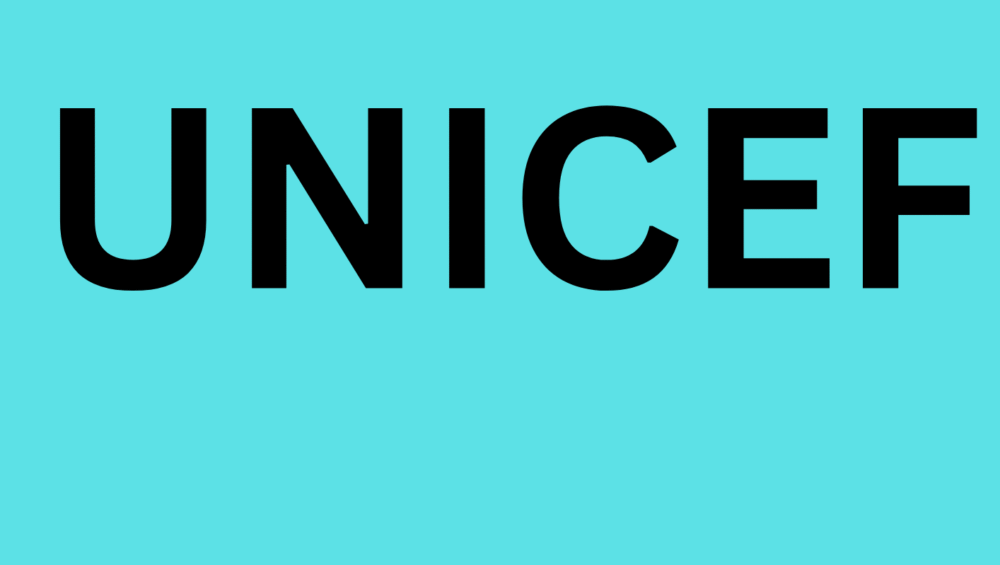As Nigeria marked the 2025 Day of the African Child, UNICEF and key stakeholders raised a fresh alarm over the persistent neglect of children’s rights due to inadequate public spending, urging governments at all levels to turn commitments into tangible outcomes.
At a media dialogue in Lagos themed “Public Spending for Children’s Rights,” Celine Lafoucriere, Chief of UNICEF’s Southwest Field Office, said millions of Nigerian children remain trapped in deprivation decades after the country ratified the UN Convention on the Rights of the Child.
“Today we honour the courage of the Soweto children of 1976. Nearly 50 years on, Nigerian children are still fighting for access to clean water, education, healthcare, and protection,” Lafoucriere said. “Budgets may be rising, but they are still not reaching the children who need them most. The funds are either too little, poorly used, or badly monitored.”
She challenged journalists to do more than report, urging them to track public spending and hold authorities accountable. “You are not bystanders. Use your platforms to spotlight gaps and inspire action,” she added.
Also speaking at the event, UNICEF’s Social Policy Specialist, Hyeladzirra Okorie, noted that while some states now include child-focused programmes in their plans, actual spending remains worryingly low. “We must move beyond budget announcements. What matters is how equitably and effectively the funds are spent,” he said.
Okorie called for greater involvement of children in shaping the budgets that affect them, saying: “They know what they need. When we listen, governments tend to respond better.”
Representing Lagos State, Mr. Orojimi Abiodun, Director of Budget at the Ministry of Economic Planning and Budget, insisted that child welfare is embedded in the state’s development blueprint, THEMES, with investments in education, healthcare, nutrition, sports, and immunisation.
He added, “Caring for our children today is the foundation of a better society tomorrow.”
The dialogue ended with a unified call for improved transparency, data-backed policies, and strengthened collaboration between the media, civil society, and government to ensure no Nigerian child is left behind.





